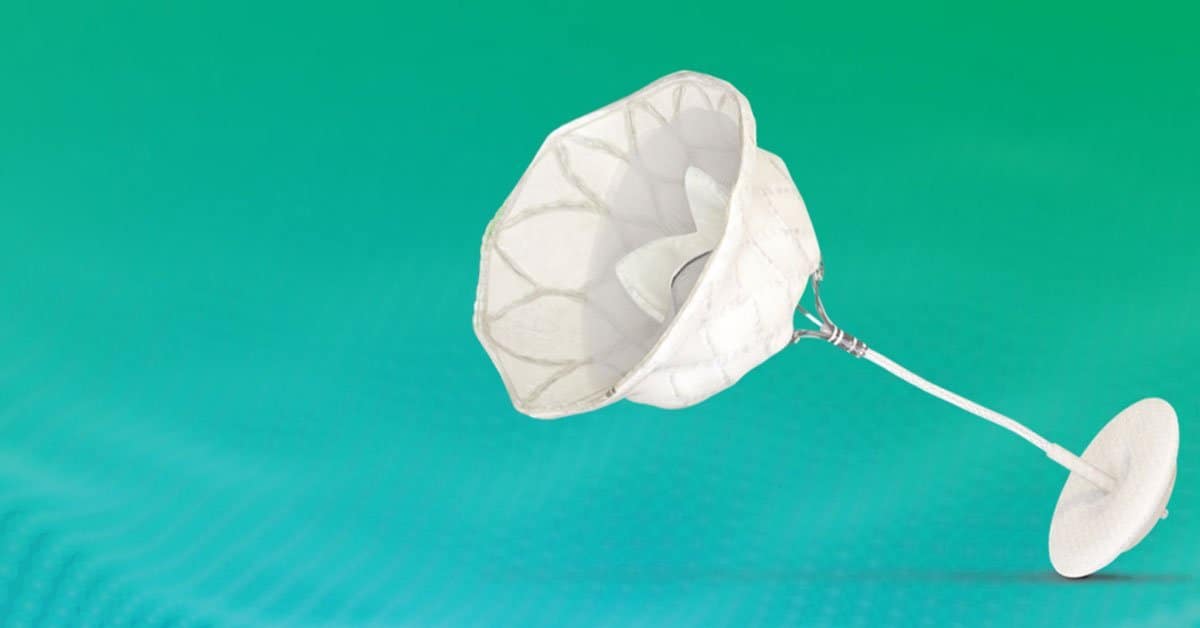People with depression have up to 72% higher risks of developing cardiovascular disease, but there’s still many scientific blindspots regarding the links between depression and CVD. Two new studies added visibility to those blindspots, particularly related to prenatal depression and psychotherapy.
Prenatal Depression’s CVD Link – A new AHA Journal study shared the first evidence that women with prenatal depression face increased CVD risks after childbirth.
Analysis of 119k pregnancies in Maine between 2007 and 2019 showed that women with prenatal depression have 32% to 83% greater risk of developing certain CVDs within 24 months.
- These women were far more likely to experience ischemic heart disease, arrhythmia/cardiac arrest, cardiomyopathy, severe cardiac disease, and new hypertension (adjusted hazard ratios: 1.83, 1.60, 1.61, 1.39, 1.32).
- The CVD risk increases persisted even if the women didn’t have hypertensive disorders during pregnancy.
In response, the authors urged clinicians to consider women with prenatal depression for postpartum CVD screening, while also encouraging more research into prenatal depression’s CVD risks and potential interventions.
Psychotherapy’s CVD Impact – Another study in the European Heart Journal provided the first evidence that depression’s CVD risks can be reduced with psychotherapy.
Analysis of 637k individuals in England who completed psychotherapy found that those whose depressive symptoms reliably improved were 11% to 12% less likely to develop CVD, coronary heart disease, and stroke (HRs: 0.88, 0.89, 0.88) at three years.
- Individuals whose depressive symptoms improved also had far lower all-cause mortality rates (HR: 0.81)
Psychotherapy’s CVD benefits were greatest among younger individuals, as participants whose depressive symptoms improved before the age of 60 had far lower risks of CVD (15% vs. 6% reductions) and all-cause mortality (22% vs. 15% reductions) than those who improved after 60 years.
The authors highlighted lingering questions about whether there are more complex correlating factors at play (e.g. reducing depression leads to healthier lifestyle decisions). Either way, the study still states a solid case for psychotherapy’s association with CVD risk reduction, especially for those aged under 60.
The Takeaway
Although the association between depression and CVD is well established, there’s still a lot we don’t know about depression’s link to CVD and how to address it. These two studies do a good job clarifying some of those depression-CVD blindspots, potentially in actionable ways.






